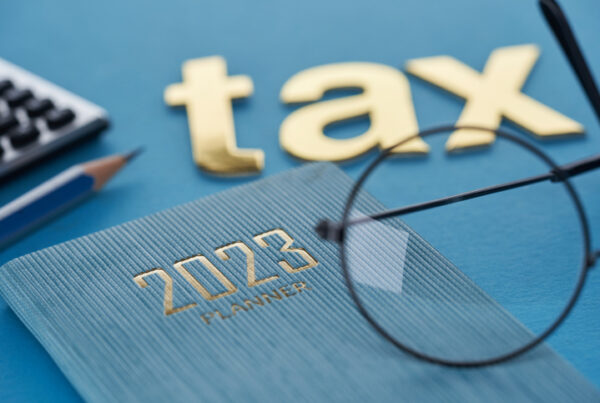Venmo is a mobile app that allows users to transfer money on its peer to peer network in a matter of seconds. With such efficiency and convenience there should be no surprise that 10 million active users utilize the peer to peer network for both personal and business purposes.
For the users sending payments back and forth for their share of dinner no extra consideration is necessary from a tax perspective. However, the moment a user begins conducting activities that constitute a trade or business Venmo strictly monitors such activities. Their current user contract states that “personal accounts may not be used to receive business, commercial or merchant transactions, which includes (without limitation) paying or accepting payment from other users you do not personally know for goods or services”. Venmo retains the right to freeze your personal account when transactions appear commercial in nature.
Although owned by Paypal, a Payment Settlement Entity, Venmo is not considered one itself. So, what does this mean for users conducting their business through the app? Well, there are no differences between that of a normal checking account. Users receiving taxable receipts are still responsible for report their earnings on the applicable tax form, e.g. Schedule C, Form 1065, Form 1120S, etc. As for payments made to other vendors the user remains responsible for the issuance of 1099s to eligible recipients.
As Venmo’s popularity increases so does the responsibility of the user for reporting all taxable events. As always, we recommend consulting your tax advisor in the event of uncertainty.





